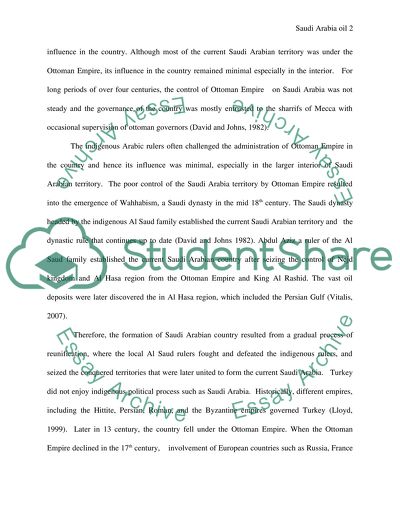Cite this document
(“Saudi Arabia's Oil Impact on World Economy Research Paper”, n.d.)
Saudi Arabia's Oil Impact on World Economy Research Paper. Retrieved from https://studentshare.org/macro-microeconomics/1437327-saudi-arabia-s-oil-impact-on-world-economy
Saudi Arabia's Oil Impact on World Economy Research Paper. Retrieved from https://studentshare.org/macro-microeconomics/1437327-saudi-arabia-s-oil-impact-on-world-economy
(Saudi Arabia'S Oil Impact on World Economy Research Paper)
Saudi Arabia'S Oil Impact on World Economy Research Paper. https://studentshare.org/macro-microeconomics/1437327-saudi-arabia-s-oil-impact-on-world-economy.
Saudi Arabia'S Oil Impact on World Economy Research Paper. https://studentshare.org/macro-microeconomics/1437327-saudi-arabia-s-oil-impact-on-world-economy.
“Saudi Arabia'S Oil Impact on World Economy Research Paper”, n.d. https://studentshare.org/macro-microeconomics/1437327-saudi-arabia-s-oil-impact-on-world-economy.


